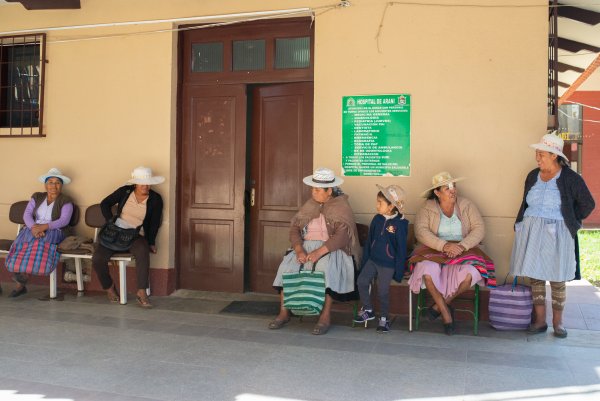Research rationale
Significant limitations still exist in our understanding of Chagas disease including its pathologies, factors relating to progression, biomarkers to indicate parasite clearance or cure and an optimal treatment regimen for all patient populations. Access to Individual Patient-level Data (IPD) and use of standardised methods could permit more in-depth analyses and strengthen evidence for treatment and diagnosis of Chagas disease.

The WorldWide Antimalarial Resistance Network (WWARN), a platform hosted by IDDO, has been collating and standardising malaria clinical trial data since 2009. This platform is generating evidence, which allows optimisation of treatment and is used by policy makers and drug developers. IDDO has also developed new disease research themes on visceral leishmaniasis, schistosomiasis, and soil transmitted helminthiases, and emerging infections considering strict ethics and security standards.
Similar evidence could be generated for Chagas disease to answer important questions; such as the optimal regimen of the current drugs (benznidazole and Nifurtimox) in chronic indeterminate patients, understanding whether clearing the parasite prevents progression of the disease, whether duration of infection before treatment has an impact on treatment outcome, and whether other rarer factors, co-morbidities or geographical location contribute to different treatment outcomes.
Chagas disease also has a unique challenge whereby the only reliable test to assess cure is seroconversion, which can take years and is person dependent. Data are lost steadily over time; therefore, it is important to identify promptly a sophisticated and reliable platform to assemble this important information.
A repository of IPD from Chagas clinical studies could serve three primary functions:
- Provide an accessible, comprehensive and up-to-date archive of Chagas clinical trials, describing the protocols, methods, patient populations and outcomes of each trial. This resource would be valuable to clinicians, drug developers and healthcare policy makers, helping to improve the efficacy of Chagas treatments and regimens in specific regions or populations.
- Understanding existing data allows us to clearly identify gaps in research, or alternatively, where scarce resources are being channelled to replicate data. Pooled data also allows us to understand the quality of the data, where it needs to be improved, and how to move towards standardisation. This would guide the design of future trials of drugs under development and improve consistency in trial outcomes.
- Enable detailed pooled analyses to compare treatment outcomes in specific regions and sub-groups of patients. These analyses could provide a better understanding of the determinants of treatment efficacy and identify sub-populations at particular risk of treatment failure due to factors such as age, geographic origin, or coinfection.
